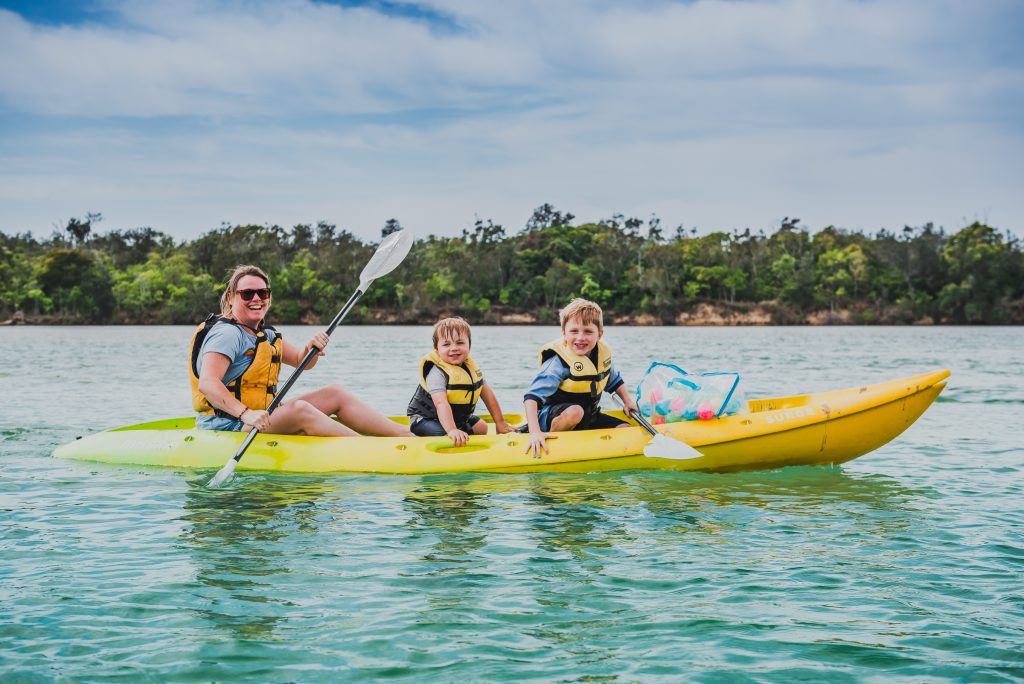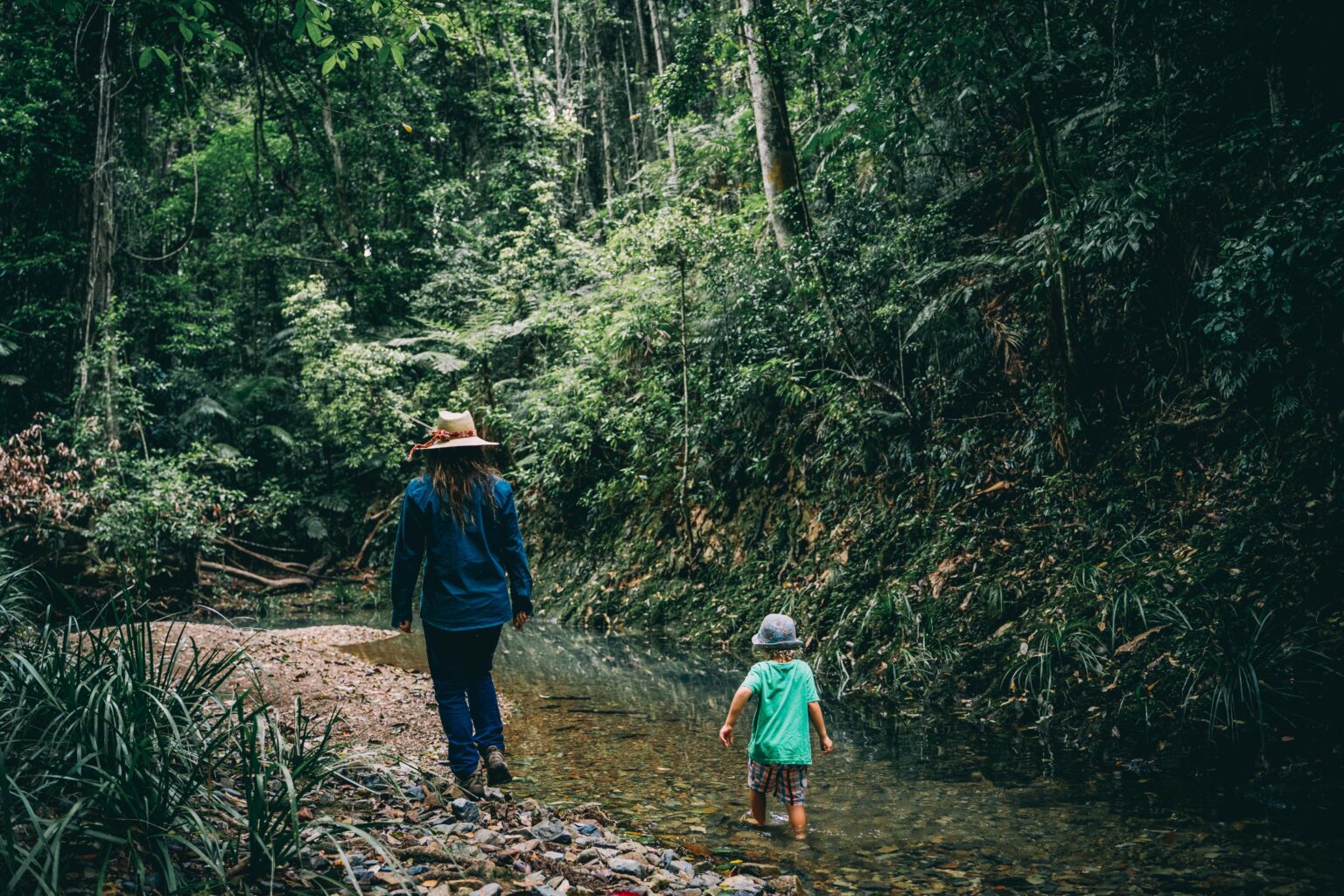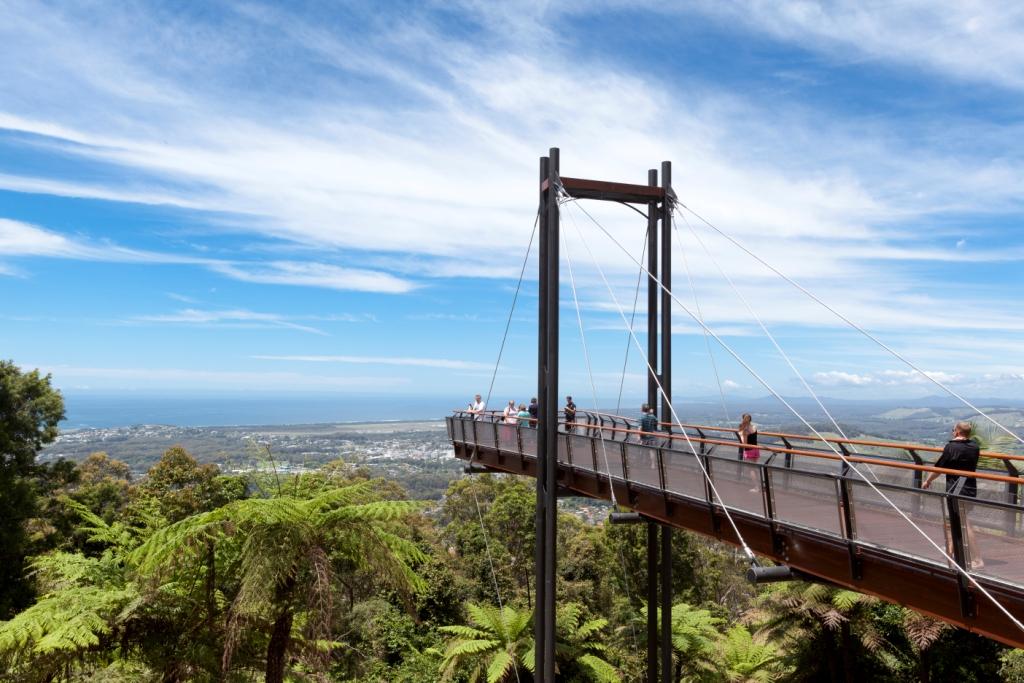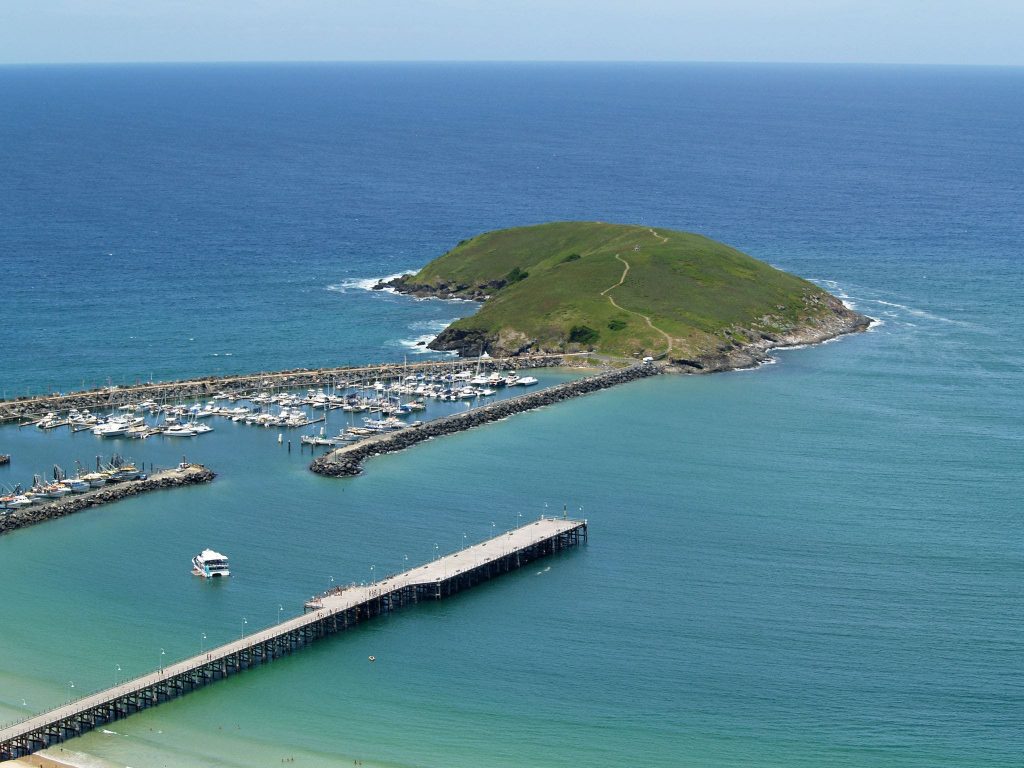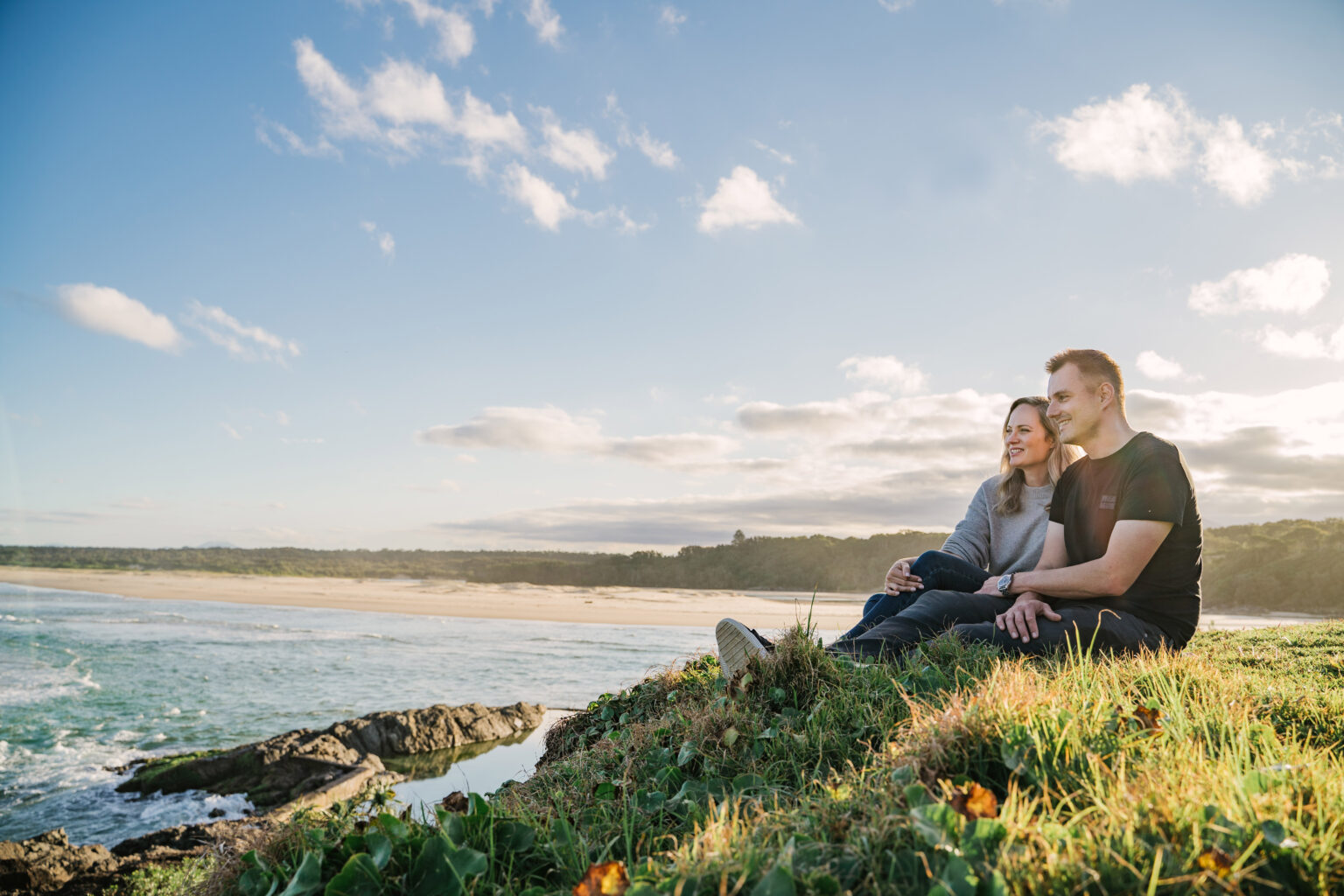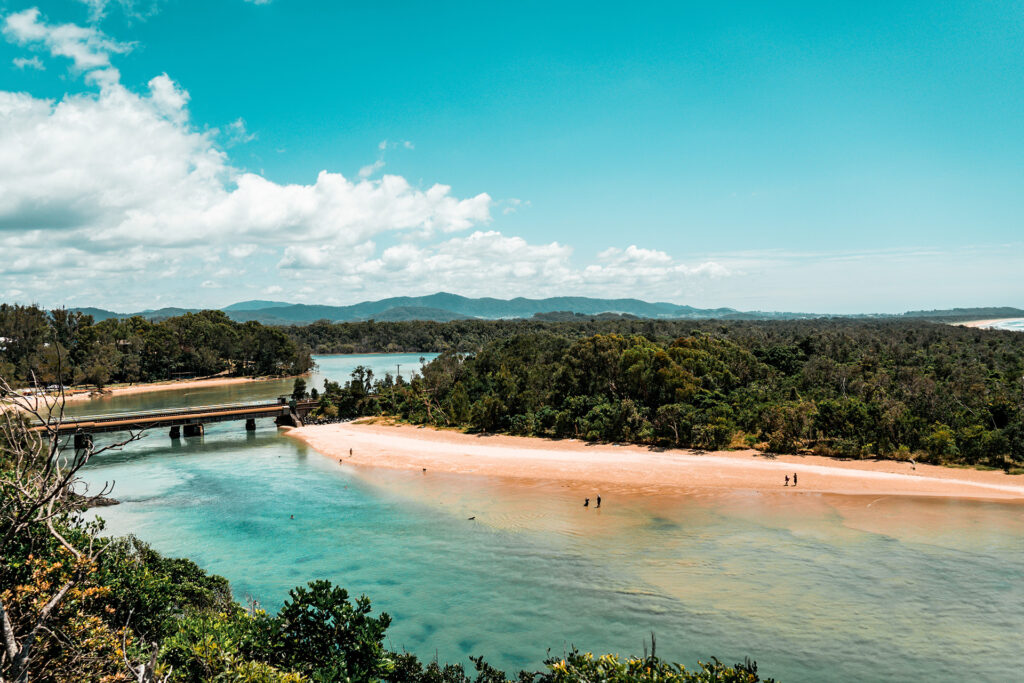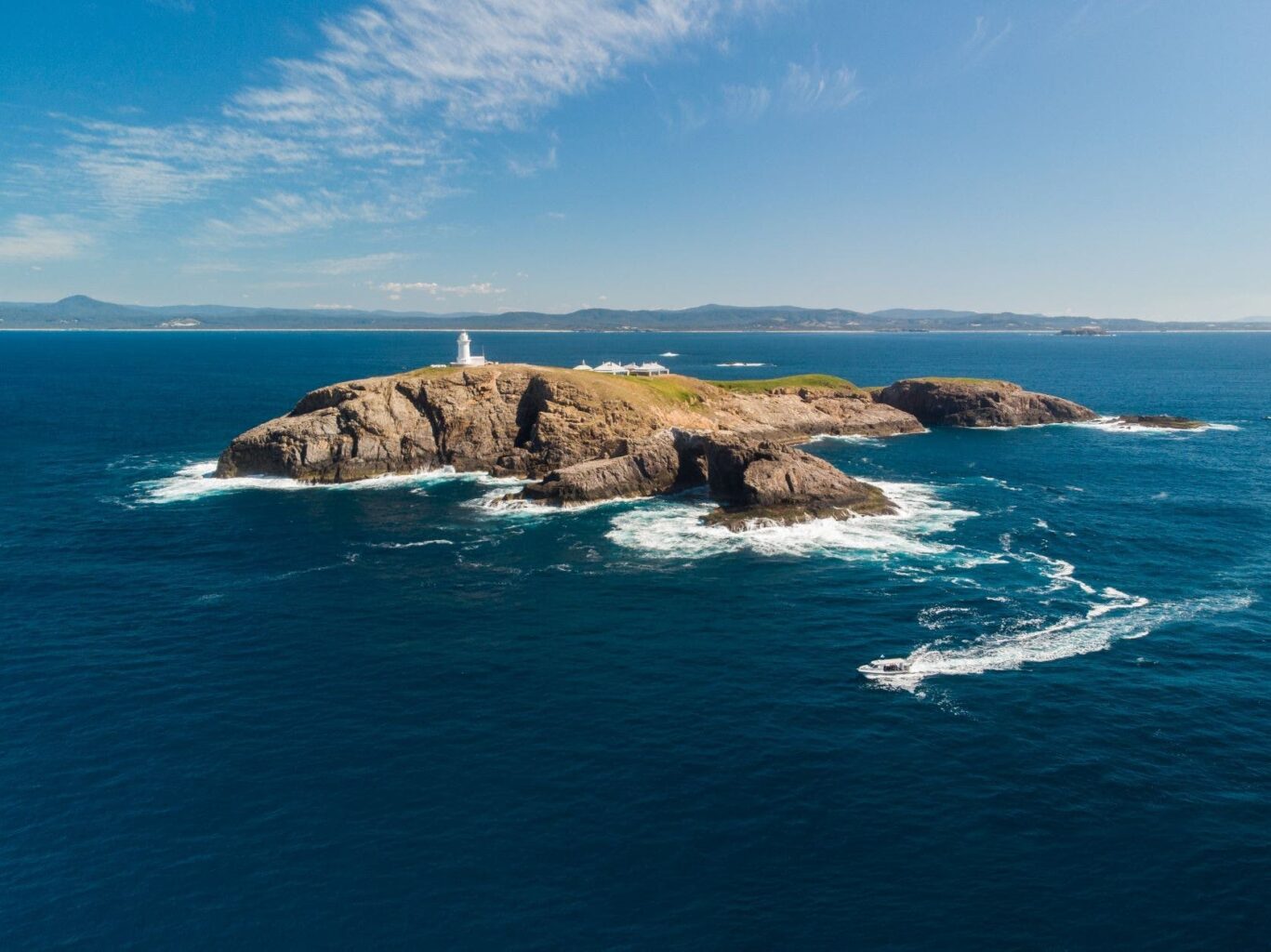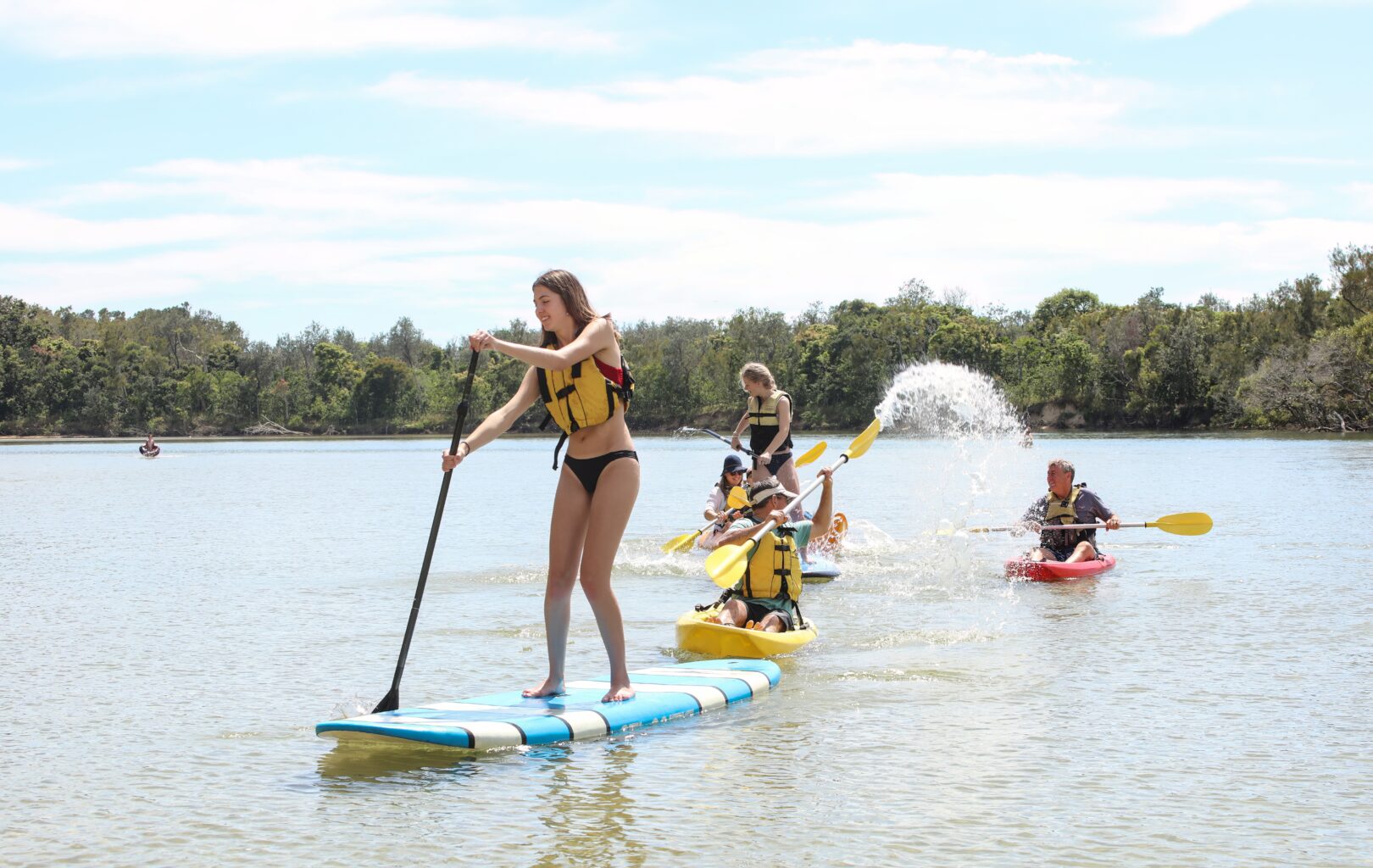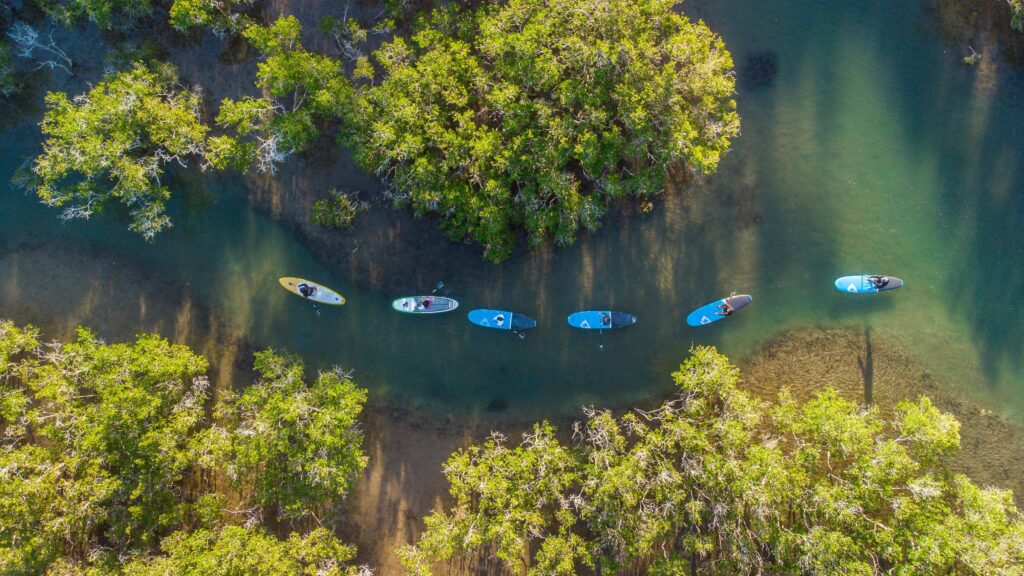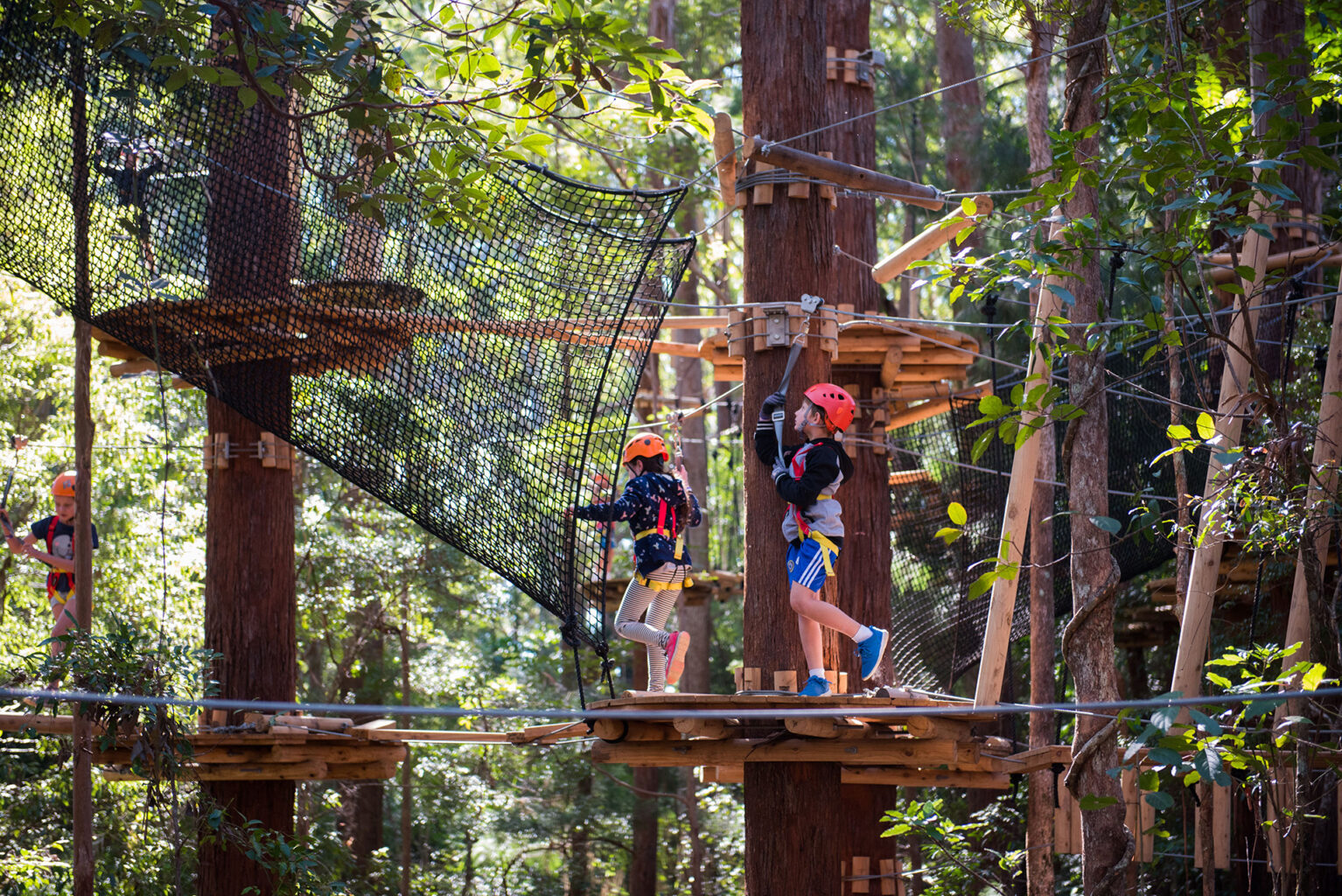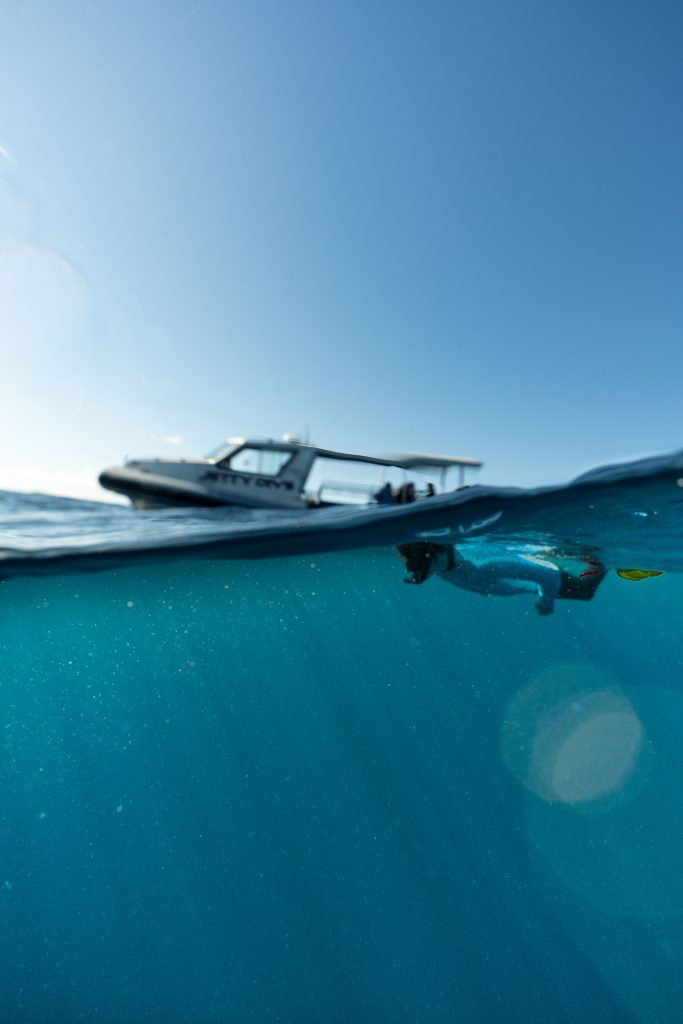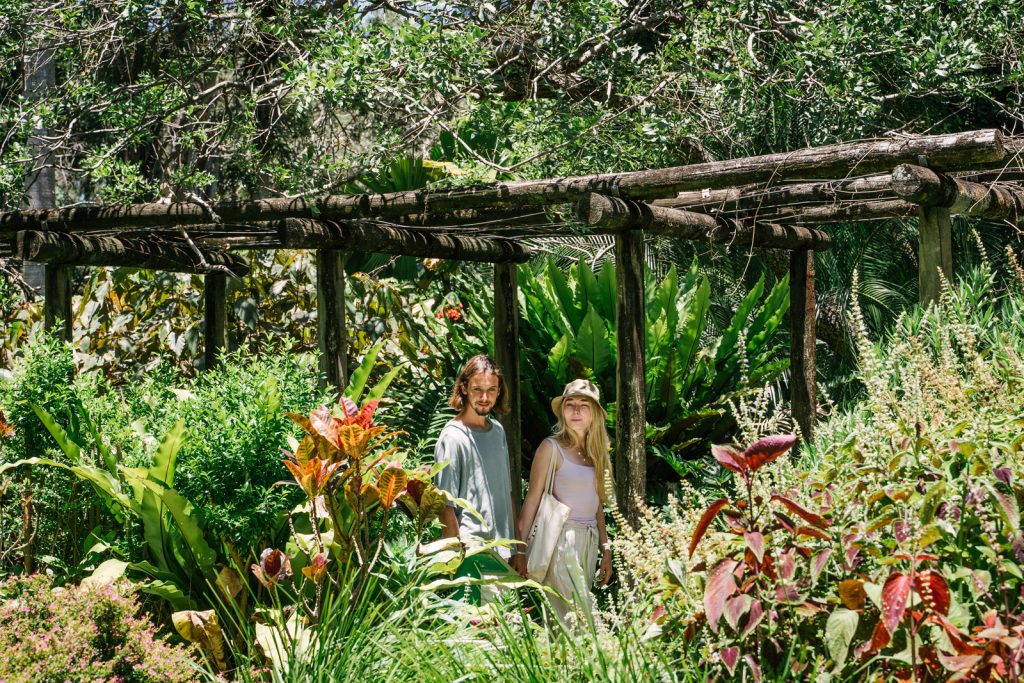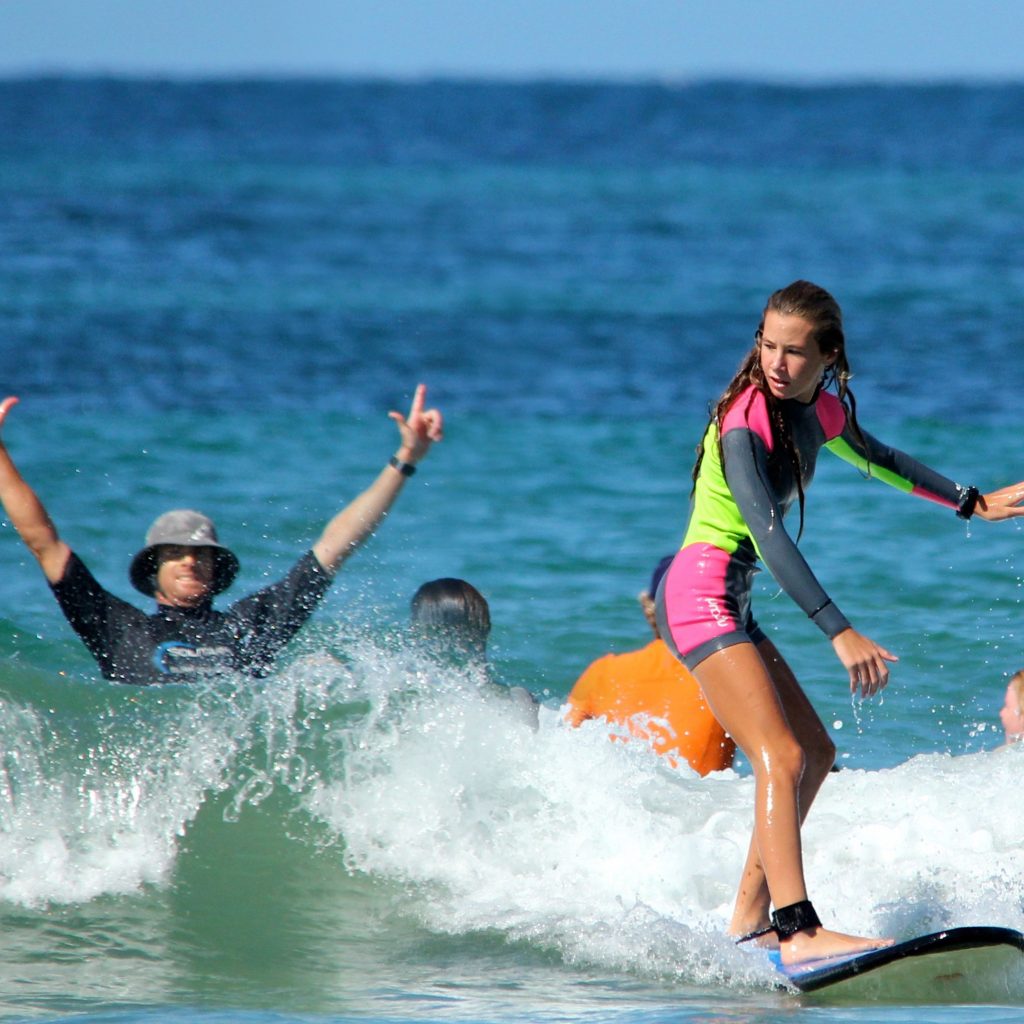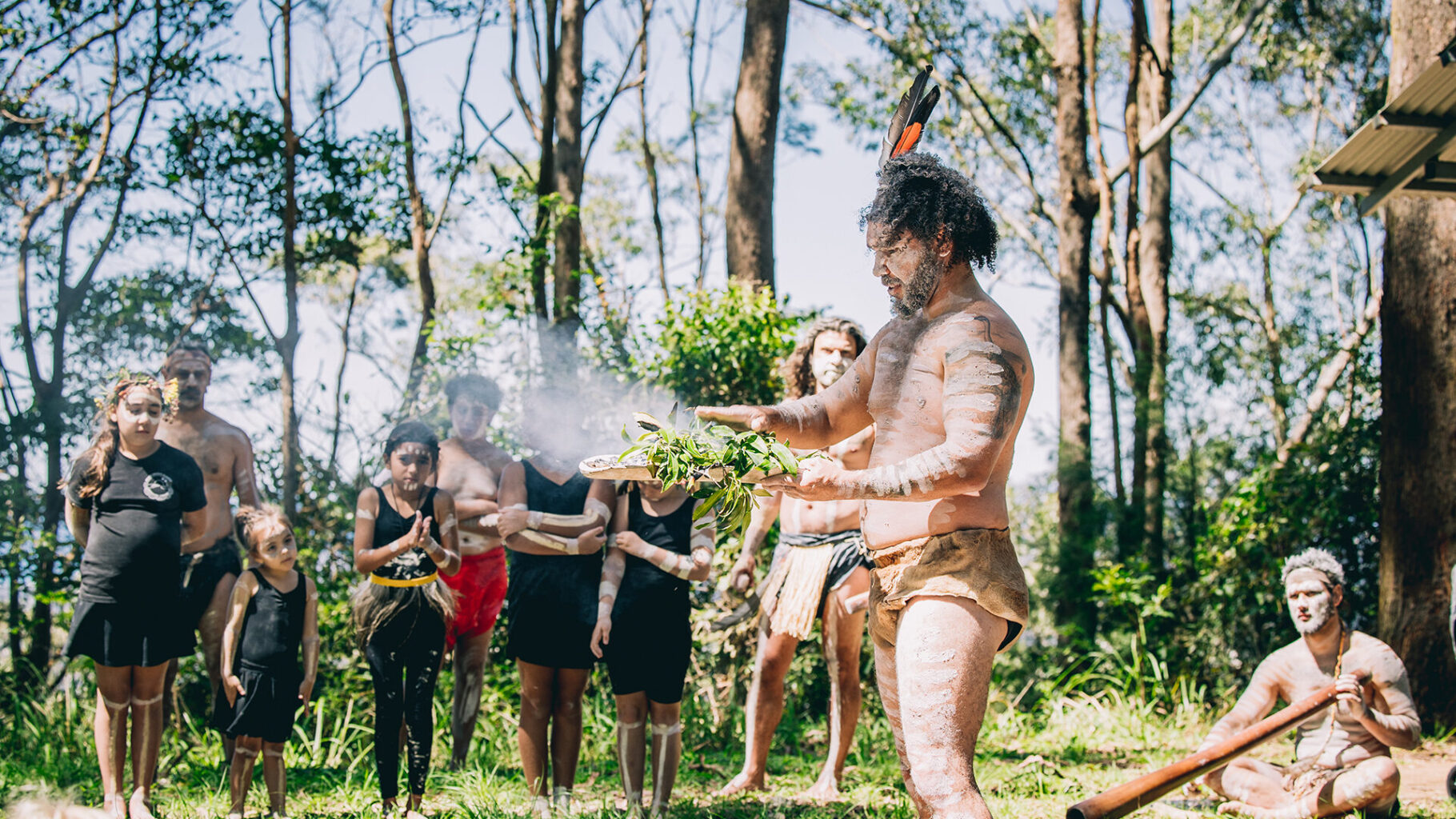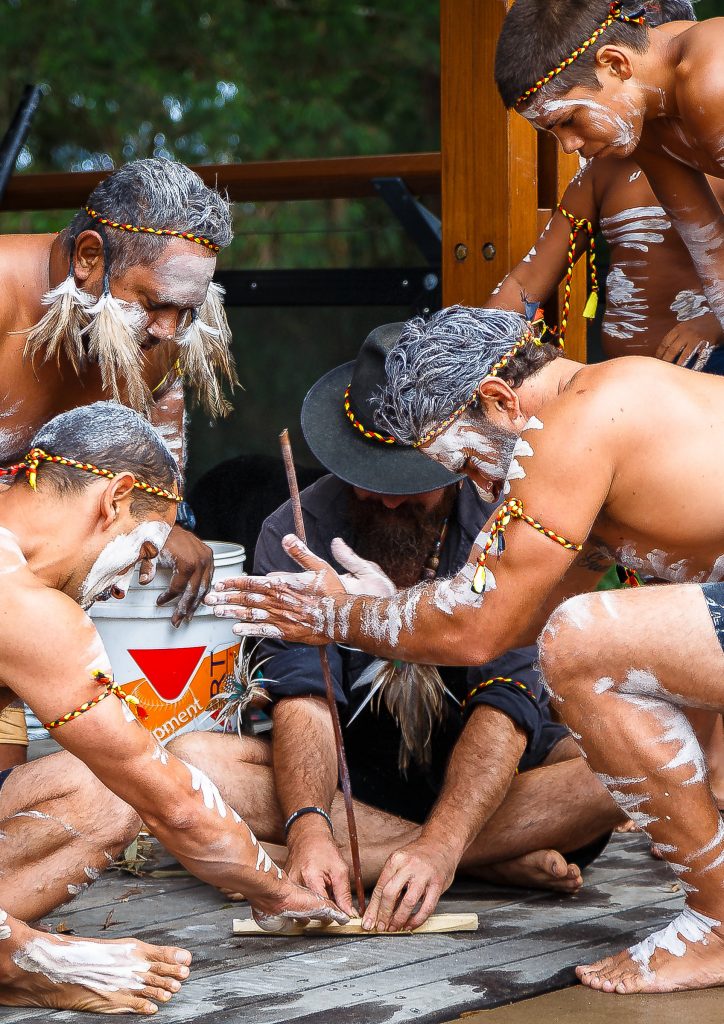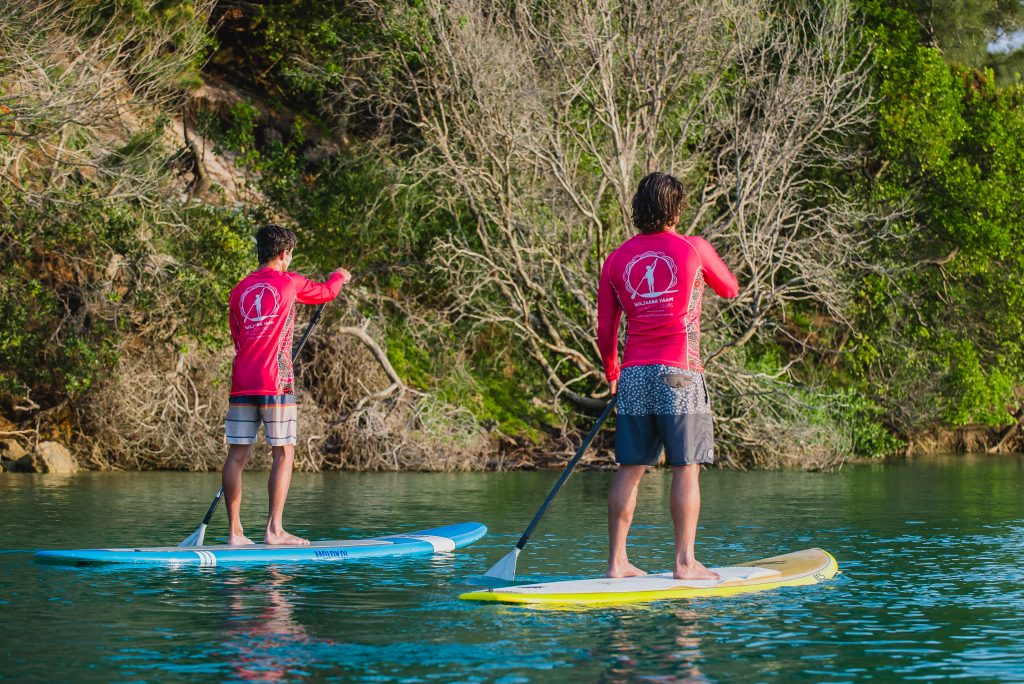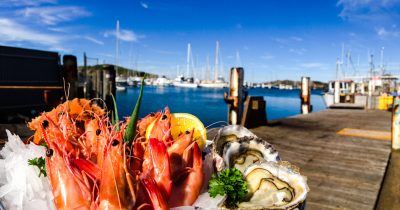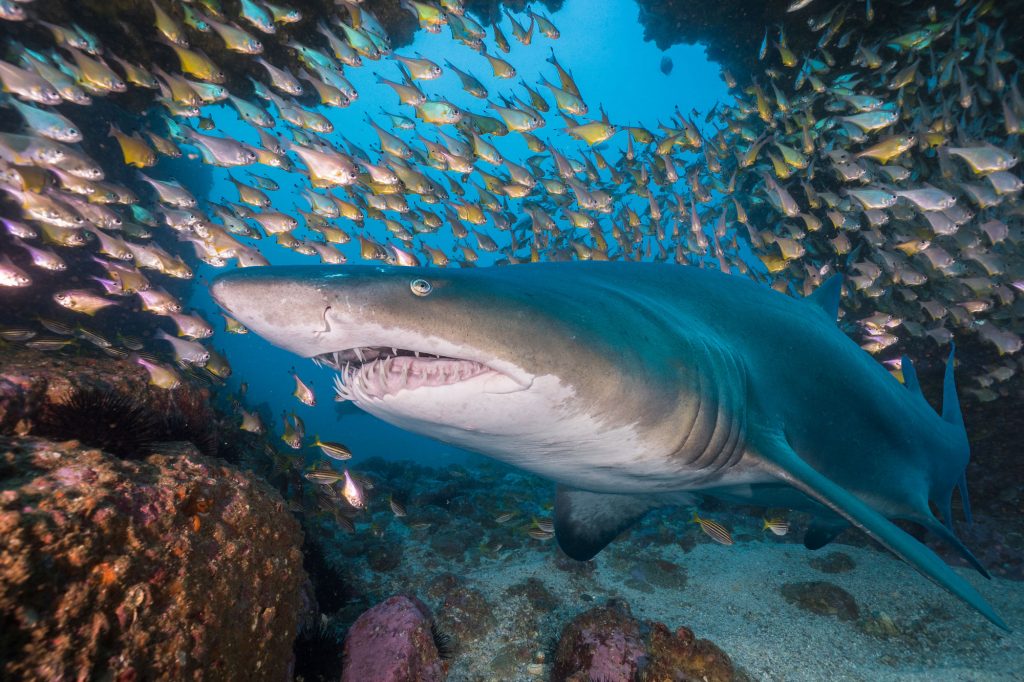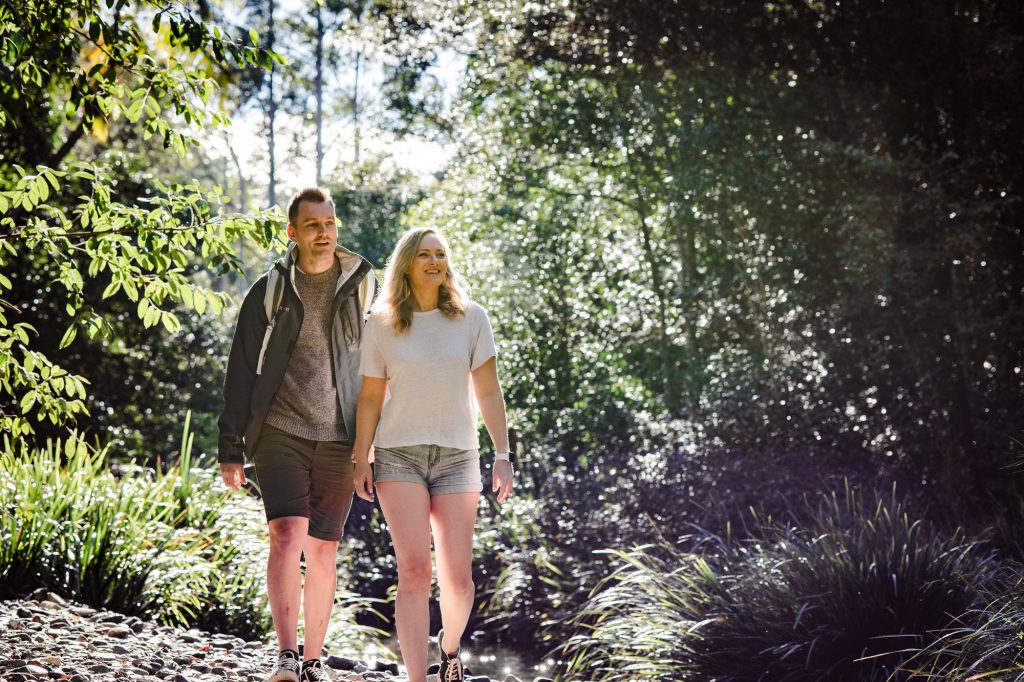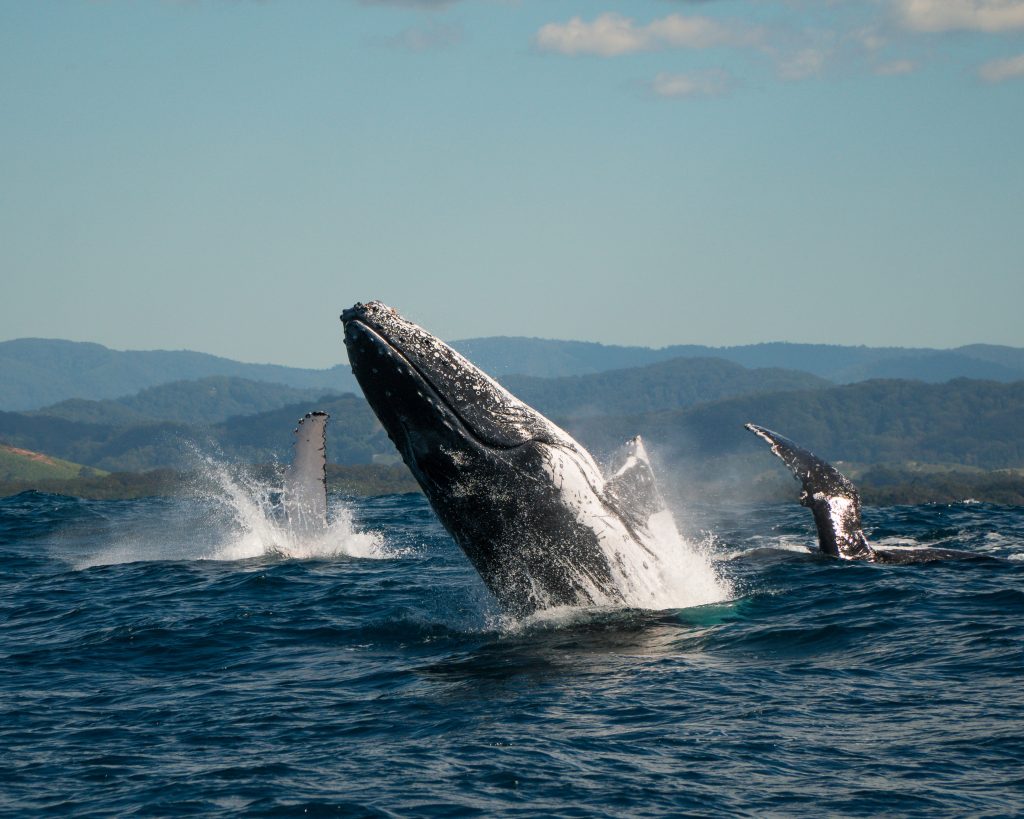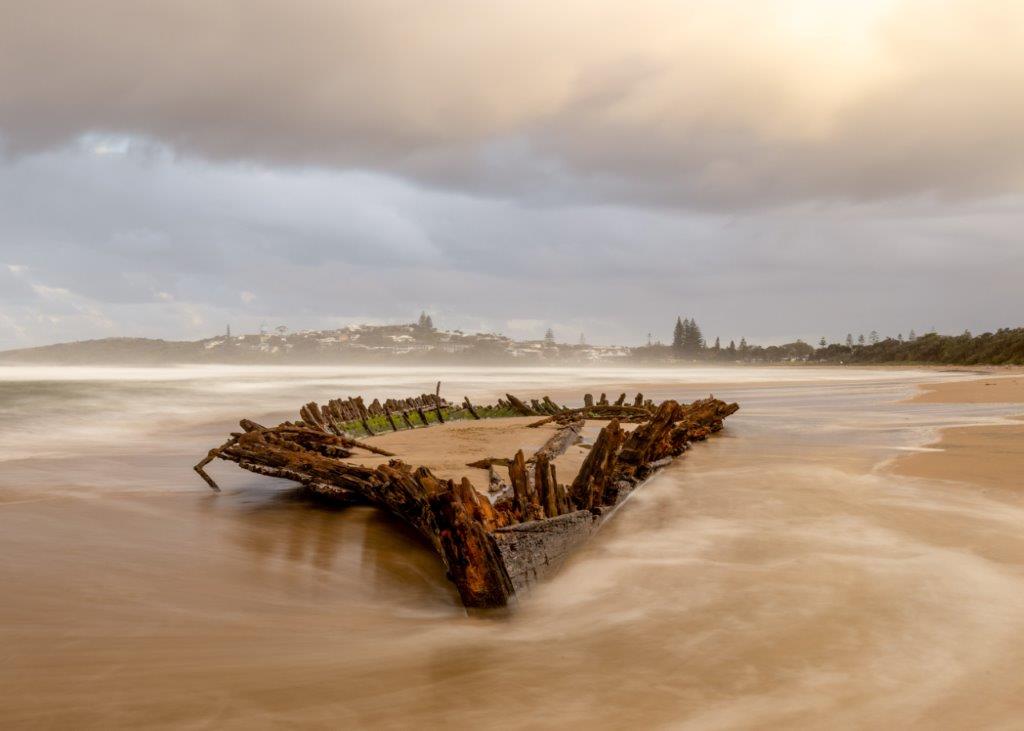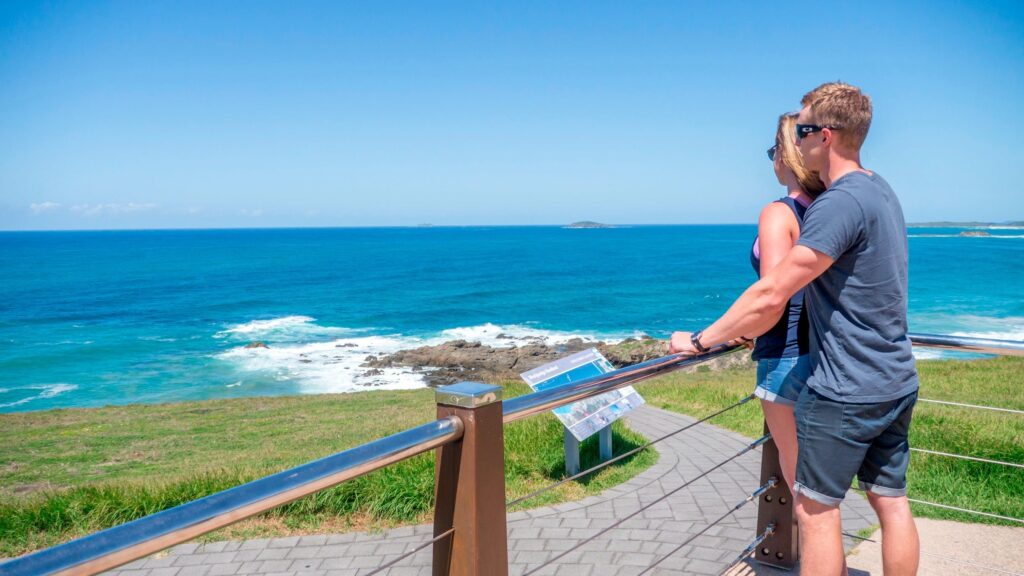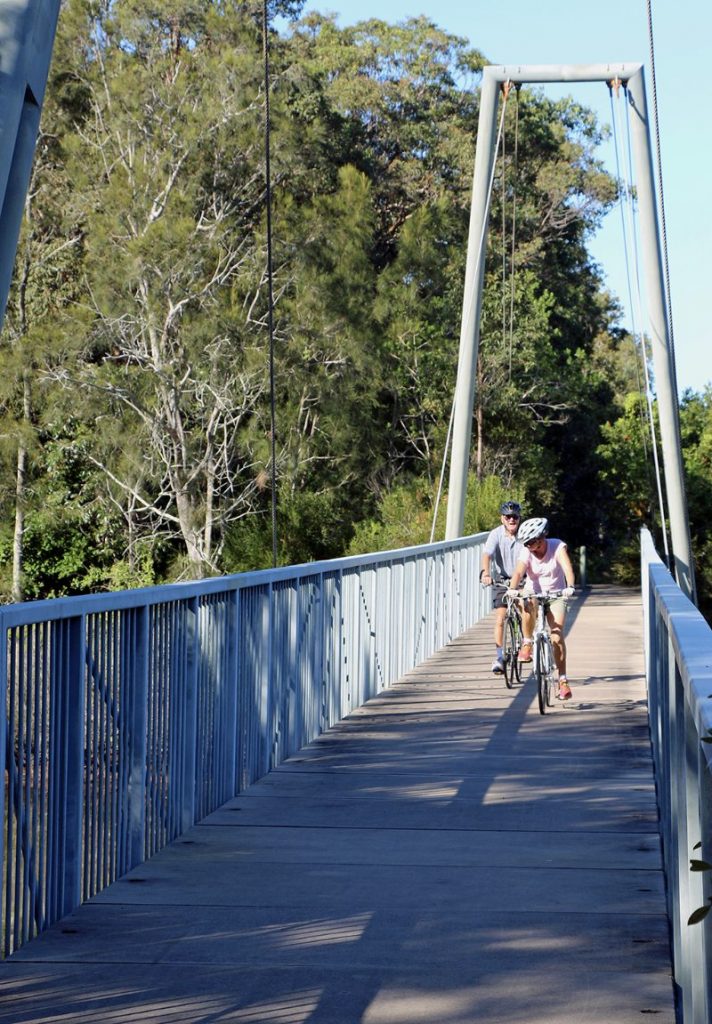By now, you know all about living a more sustainable home life – recycle, reduce waste, turn off your lights, switch to solar, car share, you’ve got it under control.
But what can you do to reduce your impact on the earth when you’re on holiday? Actually, quite a bit! So before you pull up poolside and grab a margarita, check out our top ten tips for being a responsible traveller.
HUNT OUT AN ECO-DESTINATION
As the Coffs Coast is NSW’s first ECO Destination certified by Ecotourism Australia, it’d be remiss of us to leave this one out! ECO Destinations are places where tourism activities have been built for locals by locals. They take extreme care to tread lightly on the natural environment and respect the Indigenous culture of the area (on the Coffs Coast, that’s the Gumbaynggirr People). When you travel to these places, you’re not just a visitor; you’re part of a movement that celebrates conscious travel, sustainable business, and environmental protection.
Choose ECO-accredited operators
As well as being an Eco Destination with an abundance of things to do in the great outdoors, the Coffs Coast is home to eight Ecotourism Australia – certified champions – and several more will be certified in the coming months. By choosing one of these ECO-certified businesses or locations for your next adventure in nature, you can be assured your rich experiences are behaving minimal impact on the environment, and you’re getting the real deal! Coffs Coast is also home to many local businesses that use sustainable practices, tread lightly and get you out into nature.
Pay your respects
Australia has been home to Aboriginal and Torres Strait Islander Nations since the Dreaming. The Traditional Owners are profoundly connected to the land and the land to them. One way to be a more conscious and connected traveller is to pay your respects and broaden your knowledge by booking Indigenous-led experiences. There are numerous Gumbaynggirr-led experiences on the Coffs Coast where you can learn more about Country, culture, and how you can help protect and preserve it.
Pack your reusable bags and bottles
This one goes without saying! Before you hit the road, remember to pop a reusable bag and bottle in your backpack. This will get you out of trouble when you need somewhere to stash wet swimmers, grab groceries, or smuggle some locally-bought souvenirs back into your hotel room. And, of course, having a reusable bottle will encourage you to keep hydrated and save money on bottled beverages. It’s 2023; there’s no room for single-use plastic on holiday, folks! That includes asking for no straw in your margarita!
Ditch heavy luggage
We all know planes are massive carbon-producing machines, but did you know that the more a plane weighs, the more carbon it creates? Yep! That means that when it comes to packing, every kilo counts. We know it’s tempting to purchase extra luggage, wear six layers, and sneak some extras into your carry-on, but it’s best to only pack what you really need. So put down the puffer vest and embrace the minimalist lifestyle — grab your flip-flops and you’re good to go!
Eat and drink local
A farm-to-table and seafood-lovers paradise, the Coffs Coast is jam-packed with some incredible food outlets. So many that we even made a directory for them! By buying lovingly-prepared and locally-sourced meals, you’re not only supporting our small businesses, but you’re also helping to minimise the carbon emissions created by shipping ingredients from far away. Extra points if you can walk to the restaurant instead of driving!
*DO* ‘Do not disturb’
If you’re staying in a traditional hotel, it’s pretty likely they’ll come in to swap your towels, sheets and travel-sized shampoos daily. But this creates a big problem. All that washing uses loads of precious water, cleaning products and electricity. Plus, those tiny travel bottles? They add up to a lot of waste. So when you get into your room, chuck the ‘do not disturb’ sign on the door and ditch the cleaning service until you really need it.
Use reef-friendly sunscreen
We grow up knowing to ‘slip, slop, slap’ and we’re here for it! But when it comes to slopping on your SPF sunscreen, there’s a right way and a wrong way to do it. Our ocean ecosystems are under immense pressure from climate change, overfishing and pollution, including from sunscreens. 97% of sunscreens on the market contain chemicals that are toxic to coral reefs, even at small concentrations. So when summer rolls around, look for sunscreen described as “reef-safe”, “reef-friendly” or “not containing oxybenzone and octinoxate”. They’re not just better for the planet; they’re better for your skin too!
Leave no trace
As well as taking your rubbish with you when you leave a natural space, there are a few things you can do to minimise your impact on the environment. When camping, set up your tent on durable surfaces like gravel or packed soil, rather than disturbing soft and delicate plants. While all campfires will leave some trace on the landscape, if you do need to light one, make sure it’s low-impact. Skippy the kangaroo might look like he’s keen on your cookies but respect the local wildlife by keeping your distance and your food to yourself. Finally, make sure the only souvenirs you take home are from the local shops, not the natural landscape. That means leaving flowers, shells and timber behind.
Travel green
Whether it’s by road or air, there are plenty of ways to travel green. If you’re flying, choose to offset your ticket when you book. Most airlines have a carbon offset scheme, so you’ll just pay a small extra fee on top of the flight cost, which is donated to the scheme. It’s a small price to pay to help the environment! When you get to your destination, opt to walk to get around, and if possible, stay close to attractions to reduce your time on the road.
